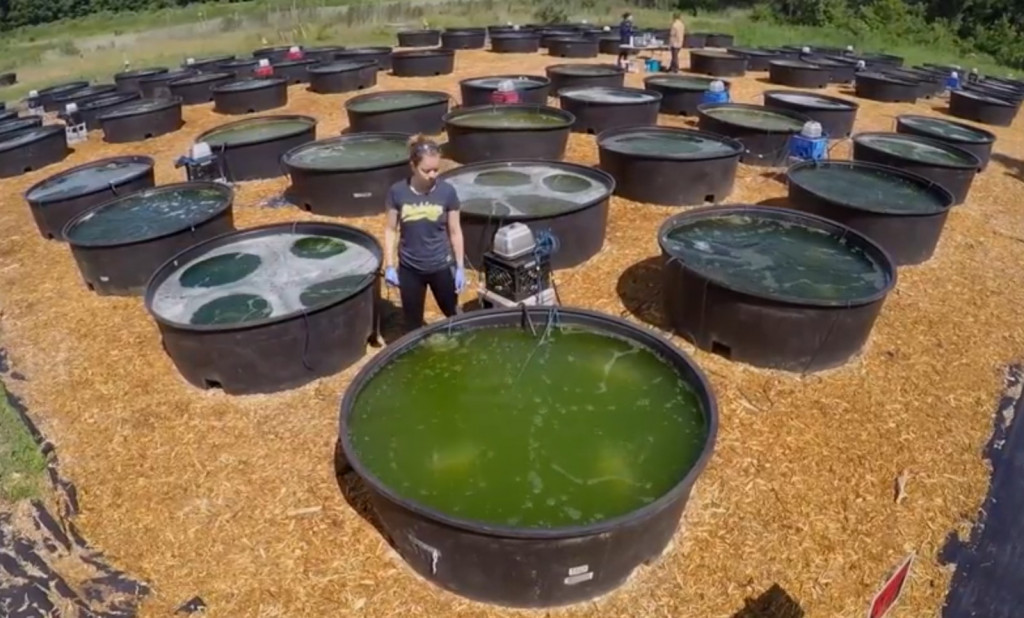Algae-based biodiesel has been hyped in the past as a renewable fuel that can be produced here in the U.S., lowering greenhouse-gas emissions without displacing food crops or taxing water supplies. And yet it still hasn’t arrived in any significant way.
There’s no single factor to blame for that, rather a combination of hurdles that no project to our knowledge has entirely assessed in the U.S., end to end. This week, however, researchers at the University of Michigan announced that they're launching such an effort, working with those at Penn State University on a three-year, $2 million project—part of the U.S. Department of Energy’s "Co-Optimization of Fuels & Engines" initiative—that aims to look at every step of the process, from growing algae to assuring that the resulting fuel can be efficient and clean when used in diesel engines.
CHECK OUT: GM adds B20 biodiesel capability to Chevy, GMC diesel trucks, cars
The researchers point to 2022 federal Renewable Fuel Standards that require 36 billion gallons of transportation fuel in the U.S. to come from renewable blends, including algae. That could include passenger or truck diesel, gasoline, or jet fuel; and of it, only 15 billion gallons can come from corn ethanol.
The three-year project will point to best practices on how to grow algae, process it into diesel, and maximize performance. The goal is to scale things up to what the scientists describe as “very large-scale cultivation ponds,” with an extraction and processing operation that will get the fuel all the way to diesel distribution points.
DON’T MISS: Diesel Fuel Derived From Algae Now Testing In 2 VW TDI Models
A decade ago, algae-based biofuels were one of the next big things, and biotech companies, venture capital, and investors/financiers ranging from Bill Gates to Exxon Mobil. Solazyme, which Volkswagen backed, was one of the most advanced, with a 100-percent algae-derived renewable diesel that was the subject of a VW feasibility study. That company, after a name change to TerraVia, went bankrupt in 2017.

University of Michigan algae biodiesel project
This project is taking a pragmatic, multi-species approach rather than putting all of its cards into one strain of algae. Strategies may depend on the local climate. Algae doesn’t require safe, potable water in the way that feed crops do; actually it can purify water in some ways—in addition to using high amounts of CO2—so it could end up being a win-win, especially if there ever were a way to harness the large-scale seasonal algae blooms that have become increasingly common.
READ THIS: U.S. Perfectly Placed For Algae-Based Biofuel Production
The end product will be tested on both a Volvo heavy-duty truck engine and a light-duty passenger-vehicle (or light truck) engine.
One even tougher hurdle in three years will of course be selling the idea to commercial truck fleets—the most likely prospects for further testing—which are increasingly likely to spring for the image boost of electric-vehicle or fuel-cell programs.
Scientists are aiming for a greenhouse-gas reduction of more than 60 percent versus existing diesel, plus improved thermal efficiency. Passenger vehicles could follow, but diesels may well be dwindling even more by then.













